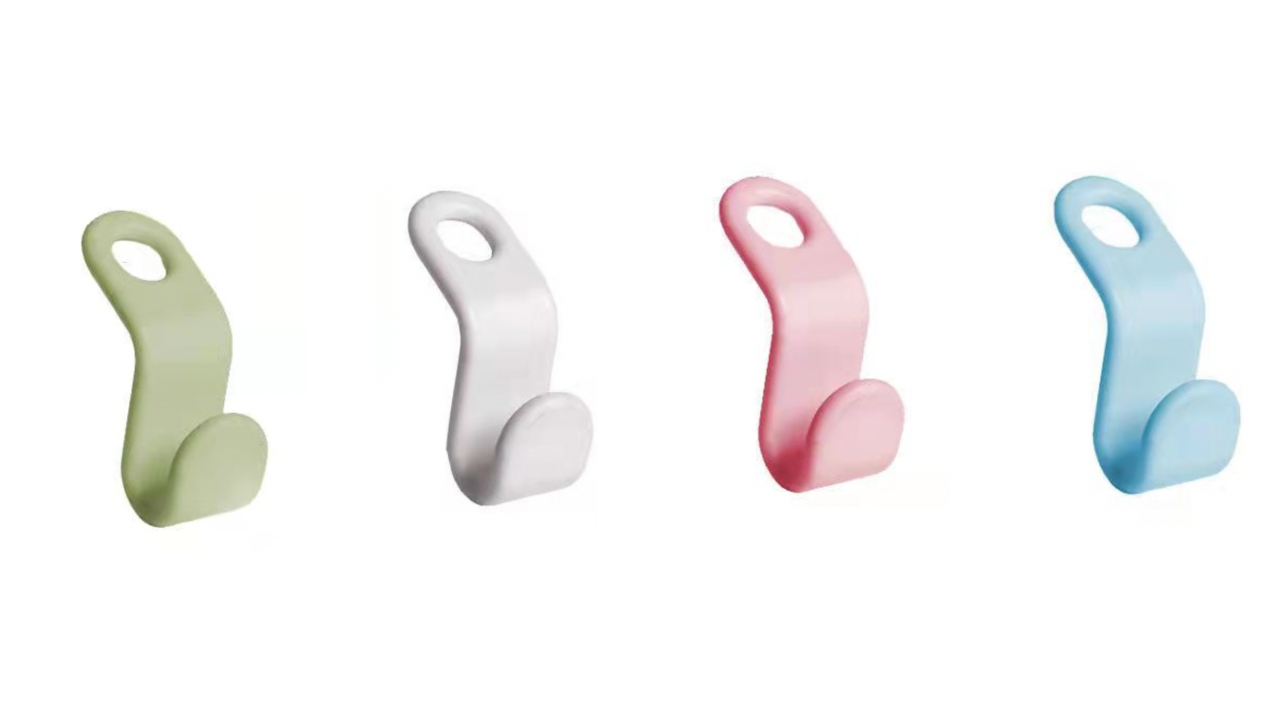With the improvement of living standards and the gradual change of people's dietary and living habits, atherosclerotic vascular diseases are becoming more and more common in the modern world, and the mortality rate due to cardiovascular and cerebrovascular diseases remains high for a long time.
This means that the arteries in the human body are hardening and blocking, and that when the vital organs (heart and brain) are infarcted and die, it is time for the person to die. This shows the close relationship between blood vessels and human life expectancy, so how can we keep our blood vessels young and active? Let's take a look!

These habits hurt the blood vessels
The human body is like a machine, the blood vessel is the pipeline system to transport fuel, the new generation of blood vessels is elastic, the lumen surface is smooth, but with the growth of age, blood lipids and blood pressure, bad habits and other types of factors, gradually the blood vessel wall will be hardened plaque, blood vessel elasticity is reduced, blood vessel narrowing and other signs of aging.
1. Long-term dietary irregularities
Overeating, high oil, salt, sugar, etc., will lead to excessive intake of nutrients.
The excess lipids will not only be deposited on the walls of blood vessels to block them, but also increase the viscosity of blood, which can easily lead to blood clots.
2. Smoking
Cigarettes contain nicotine, carbon monoxide and many other harmful substances. They reach the blood vessels through the alveoli and the gas exchange in the blood, interfering with the fat metabolism in the blood, destroying the elasticity of the blood vessels and damaging the endothelium, leading to the development of atherosclerosis and the formation of blood clots.
3. Lack of exercise
If you do not exercise for a long time, the "rubbish" inside the blood vessels is not discharged, and the excess fat, cholesterol, sugar, etc., will accumulate in the blood, making the blood thick and dirty, and eventually blocking the blood vessels.

4. Staying up late for a long time
Staying up late causes the body to produce too much adrenaline and norepinephrine, causing blood vessels to constrict, blood flow to slow, blood to become sticky, and blood waste and toxins, oxygen free radicals, etc. to increase significantly.
The blood pressure and heart rate regulation of those who stay up late for long periods of time will appear to be overloaded, and abnormalities in vasoconstriction and immune regulation will occur.
People who stay up late may experience, for example, transient myocardial ischaemia, as well as a greatly increased risk of coronary atherosclerosis and plaque instability.
5. Stress and poor mood
Mental stress can also cause vasoconstriction, which accelerates the ageing of blood vessels and hardens them.

Dangers of blocked blood vessels
1. Blockage of blood vessels in the brain - Stroke
When a blood vessel is blocked in the brain, it can cause brain cells to die and lead to a stroke. Patients may experience slurred speech, hemiplegia and even loss of mobility. 2.
2. Blockage of blood vessels in the heart - heart attack
Ageing of blood vessels increases the risk of coronary blockage in the heart, which in mild cases may affect the heart's ability to pump blood, and in severe cases may cause acute myocardial infarction, which can be life-threatening!

3. Blockage of blood vessels in the liver - cirrhosis
When residual metabolites from blood vessels block the liver, patients may experience symptoms such as discolouration, waxy face and bad breath, or in severe cases, cirrhosis and liver failure.
4. Blockage of blood vessels in the kidney - renal embolism
Blockage of blood vessels in the kidneys or small intestine may lead to intestinal necrosis and cause kidney embolism, which is life-threatening.
5. Blockage of blood vessels in the legs - atherosclerosis
Ageing of blood vessels leads to atherosclerosis, occlusion, narrowing of blood vessels and poor blood flow in the lower limbs, causing intermittent claudication and affecting daily life.
Therefore, early detection and early prevention of vascular ageing, especially for those with more than normal vascular ageing, is particularly important.
Keeping blood vessels young
So, how can we protect our blood vessels from narrowing and blockage and keep them young?
1. Eat a proper diet
Eat a balanced diet, low in salt and oil, more veggies and less meat, reduce fat intake, limit the intake of high cholesterol and fatty diets, eat more roughage, vegetables and fresh fruits, and control sugar intake.
2. Weight control
A body mass index (BMI) of 18.5-23.9 is generally considered normal weight. The BMI is calculated by dividing the weight in kilograms by the square of the height in metres, so you can measure yourself to see if you are overweight.

3. Exercise in moderation
The amount of exercise should be determined according to the original physical condition and should be gradual and should not be forced to do strenuous exercise. At least 3 times a week, for 30 minutes each time.
4. Stay away from alcohol and tobacco
Smoking is not only an independent risk factor for atherosclerotic cardiovascular disease, but also has a synergistic effect with other risk factors, accelerating atherosclerosis, promoting thrombosis and increasing the risk of coronary artery blockage. Smoking also increases the risk of peripheral vascular disease and strokes.
Alcohol consumption, especially alcohol abuse, raises blood pressure and blood lipids, which can aggravate atherosclerosis and lead to cardiovascular disease.
5. Have a regular lifestyle
Keep a regular lifestyle, keep your mood happy, combine work and rest, get enough sleep, and avoid overexertion.
6. Regular medical check-ups
Have regular medical check-ups, and if you find any increase in blood pressure, blood lipids or blood sugar, make sure to actively control them.

High blood pressure can aggravate atherosclerosis and harden blood vessels, which will tend to build up more blood vessel plaque. So it is important to control your blood pressure, and generally keep it below 140/90mmHg for people with hypertension at least.
Prolonged high blood lipids, especially elevated LDL cholesterol, produce more lipid-like substances in the blood, which tend to accumulate in the lining of the blood vessels and create more plaque. This is why it is important to control blood lipids and lower blood cholesterol levels.
Diabetes can lead to an increased inflammatory response in the endothelium of blood vessels, which in turn accelerates atherosclerosis and produces more vascular plaque, leading to cardiovascular disease. This is why it is important for diabetics to adhere to glucose-lowering therapy.
Popular Articles
-
What benefits will you reap from jogging 5 km a day?

-
 Several expressions of emotional anxiety, see if you are hit
Several expressions of emotional anxiety, see if you are hitMay 21, 2025
-
 Cold mixed chrysanthemum for clearing heat and removing fire
Cold mixed chrysanthemum for clearing heat and removing fireMay 21, 2025
-
 Explosive and useful 4 pieces of home goodies recommended to improve the quality of life, decorate your cozy nest
Explosive and useful 4 pieces of home goodies recommended to improve the quality of life, decorate your cozy nestMay 21, 2025
-

Photos
The world's most beautiful big cities at nightMay 21, 2025
-
 Allows you to hang more clothes in your closet
Allows you to hang more clothes in your closetMay 21, 2025







Comments
0